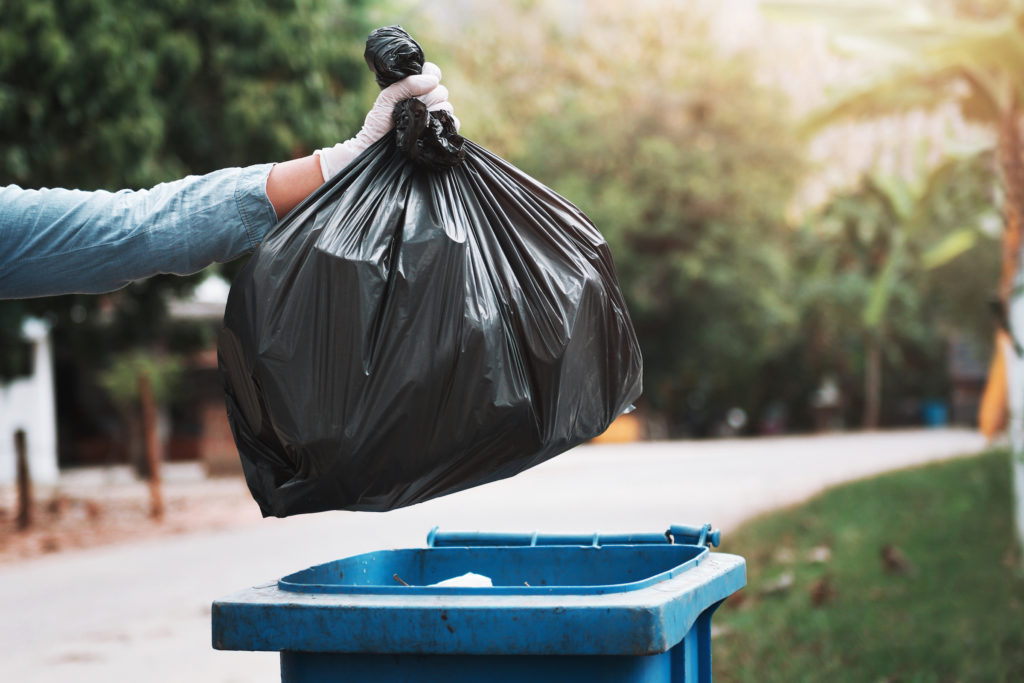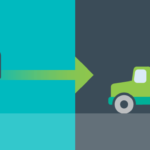Garbage effects us on a regular basis when we are going about our everyday lives.
Many of us have to take out the trash as our everyday chores or garbage trucks come to take our trash to the dump.
But many of us don’t think about the effects of garbage, where it goes, and what the garbage does to the environment around us.
Here are some facts about our garbage and how it affects the world we live in.
Polluting The Environment.
One of the major effects from garbage is pollution.
Pollution affects the environment by bringing in harmful material such as waste. Not only does pollution affect the environment, it can also increase global temperatures with climate change.
The increase then will lead to more droughts, floods, storms, and shortages. Not only that, but it can bring harm to oceans and the life that lives in or around the ocean.
This can lead to decreasing animal populations and lead animals to extinction.
For example, polar bears at the polar ice caps are becoming extinct from global warming and from the melting of ice caps.
Plus, the melting ice caps are also rising sea levels which will lead to more flooding in the rest of the world.
There are plenty of examples of what is causing global warming around our world.
Things like coal and oil plants putting toxins into our air and cutting down the rainforests will cause more global warming and lead people into worse conditions.
How Does Pollution Affect Us?
Another part of pollution is how it will affect us directly.
The effects of garbage around us can actually lead to respiratory diseases as well as other health effects.
Contaminants can be absorbed into our lungs and other parts of our body. These toxic substances include carbon dioxide, methane, and nitrous oxide.
These chemicals can lead people to have asthma, birth defects, cancer, cardiovascular disease, infectious diseases, and much more.
Also, people with breathing problems such as asthma have to stay inside when the air outside is hazardous.
About 1 in 13 Americans have asthma which is about 25 million people in the U.S. alone.
“Environmental pollution is an incurable disease. It can only be prevented.”
Barry Commoner
In other words, garbage that isn’t thrown away correctly makes our air harder to breathe in.
The Water We Drink.
Another part of how garbage affects our daily lives is polluting the water we use every day.
“Water is the driving force of nature.”
Leonardo da Vinci
Safe and available water is important for public health, whether it’s used for drinking, domestic use, or food production.
Everyone has the right to sufficient, safe, acceptable, accessible, and affordable water for personal use. However, this isn’t the case in many countries around the world.
The World Health Organization states that 785 million people lack even a basic drinking-water service. This includes 144 million people who are dependent on surface water.
They also say that by 2025, half of the world’s population will be living in water-stressed areas.
This takes us back to how pollution is affecting our global temperatures. As temperatures increase, more places don’t attain enough water to give to those who need it.
Garbage in Our Oceans.
How the garbage we produce affects our oceans is depleting the oxygen that lets sea creatures breathe.
Animals such as seals, dolphins, penguins, sharks, and whales could all die from less oxygen.
So far, about 1 million marine animals are killed each year due to plastic debris in the ocean.
Marine animals are continuing to run into plastic that they either eat or get trapped by.
We dump about 17.6 billion pounds of garbage every single year.
By 2050, ocean plastic will outweigh all of the ocean’s fish.
Types of Plastic.
Plastics is the most common type of trash to float around in our oceans.
However, plastics can create something smaller called microplastics.
Microplastics come from a variety of sources, including from larger plastic debris that degrades into smaller and smaller pieces.
In addition, microbeads are very tiny pieces of manufactured plastic that are added as exfoliants to health and beauty products. Exfoliants are a cosmetic product designed to remove dead cells from the surface of the skin.
Also, some exfoliants are used in cleansers, toothpastes, and lots of other beauty products. These tiny particles easily pass through water filtration systems and end up in the ocean, posing a threat to aquatic life.
Traveling Trash.
However, trash in our oceans doesn’t just stay where it’s placed, but it travels our oceans using sea currents. Take the Great Pacific Garbage Patch for example.

The Great Pacific Garbage Patch is a collection of marine garbage in the North Pacific Ocean.
The patch is actually composed of the Western Garbage Patch, located near Japan, and the Eastern Garbage Patch, located between the U.S. states of Hawaii and California.
In other words, plastics that are put into our oceans from California’s beaches can end up at the coast of Japan.
Also, the garbage that floats there on the ocean’s surface eventually falls down onto the ocean floor. The ocean floor is also a place where sea creatures can eat up the debris and die from the effects.
As stated earlier, the pollution from the garbage effects the oxygen in the water, which causes sea life to die from receiving no oxygen.
To Conclude.
In conclusion, garbage is something we have to deal with on a daily basis. Whether it’s just taking out the trash every day or starting a movement to clean up our oceans and beaches.
But you can do your part in helping by recycling items like plastic bottles, paper, cardboard, etc.
Garbage affects everyone in the end and we should all play a part in helping make our world a better place for everyone in the future.


